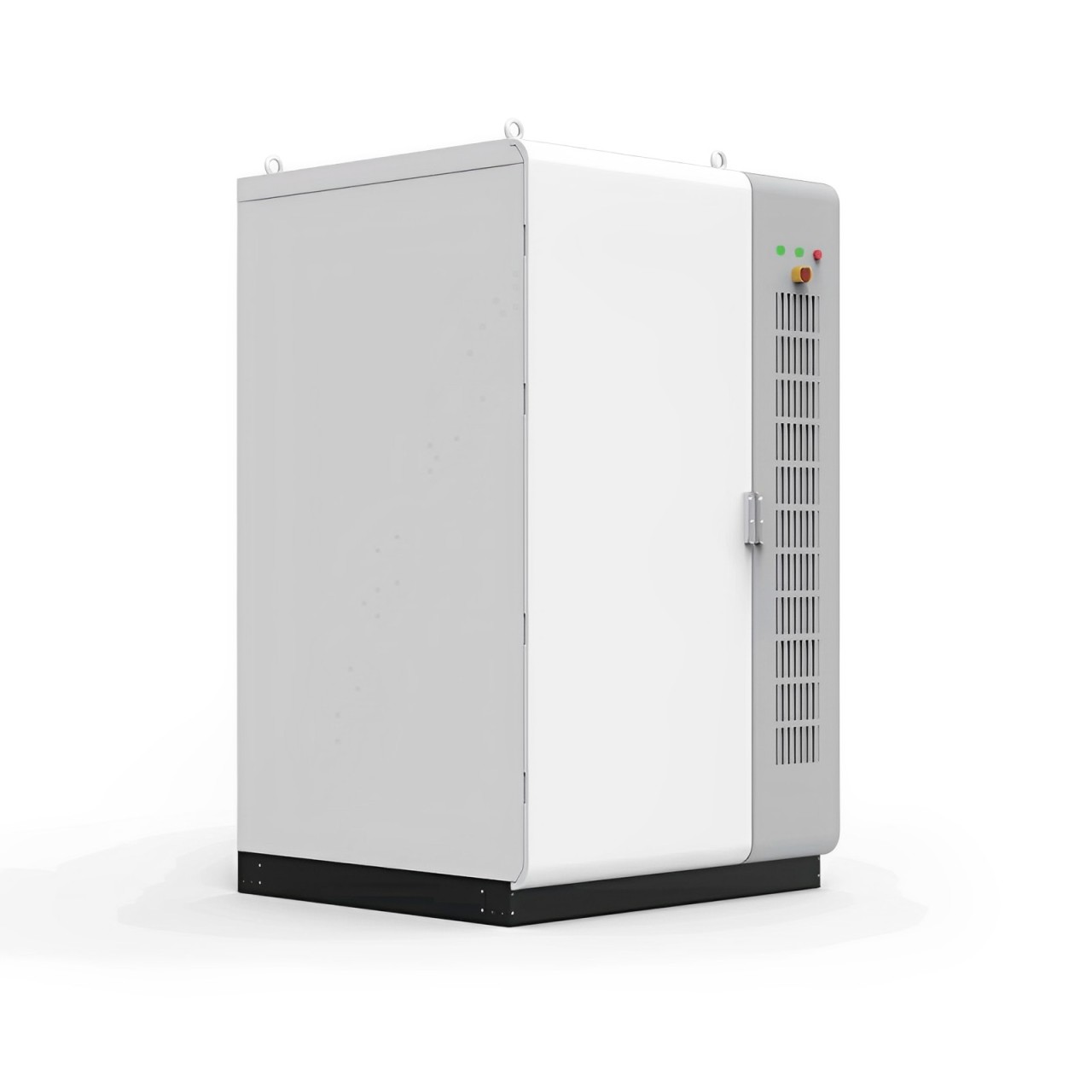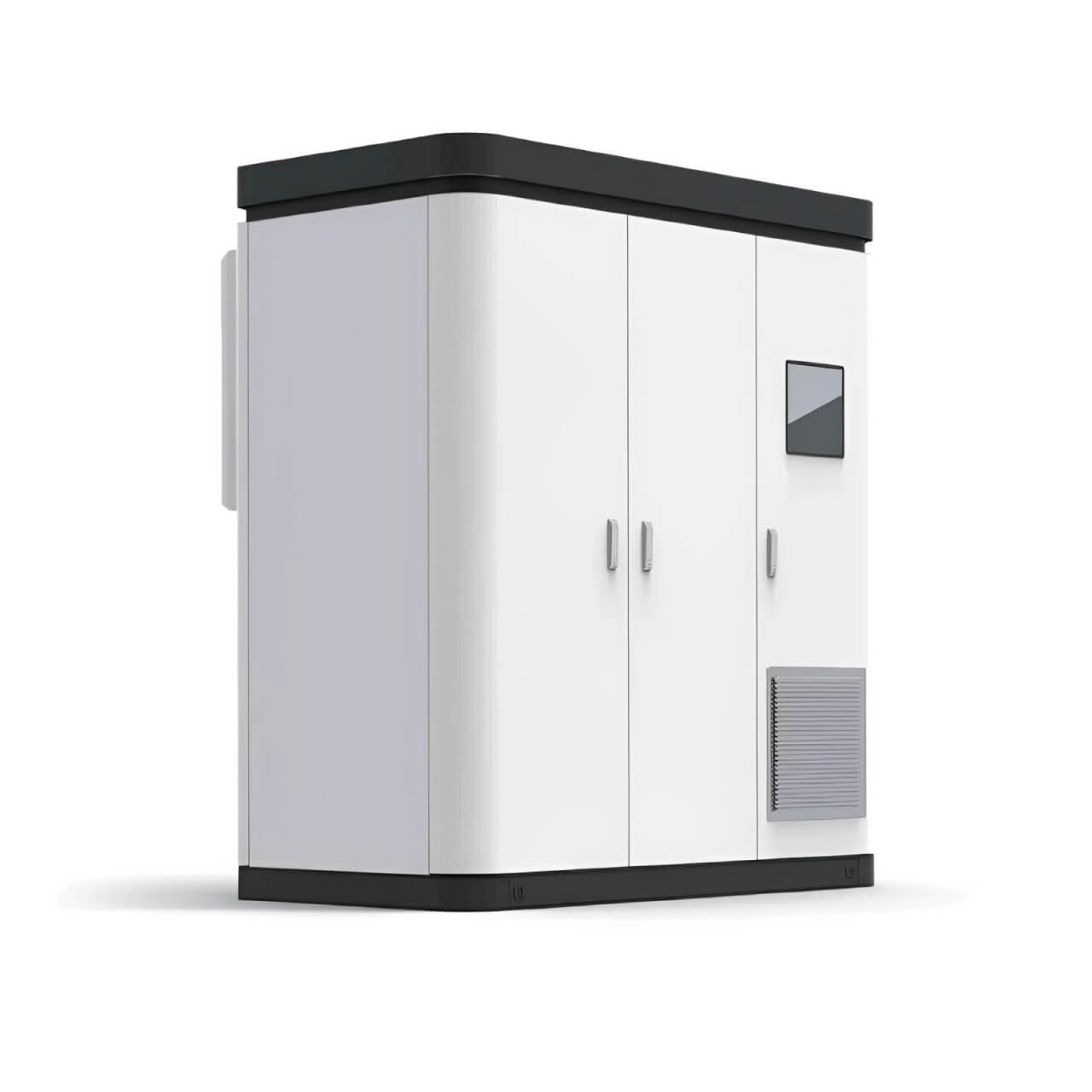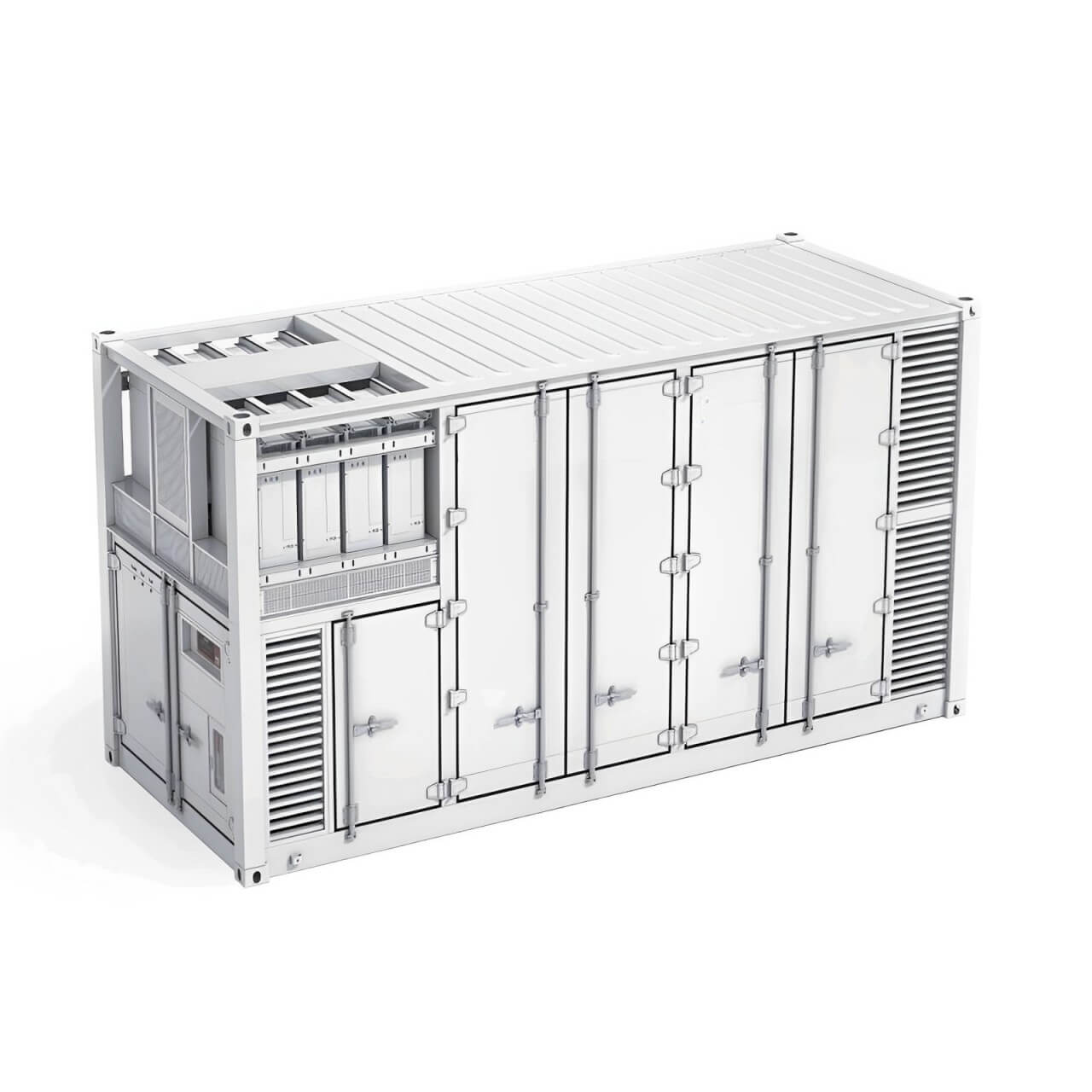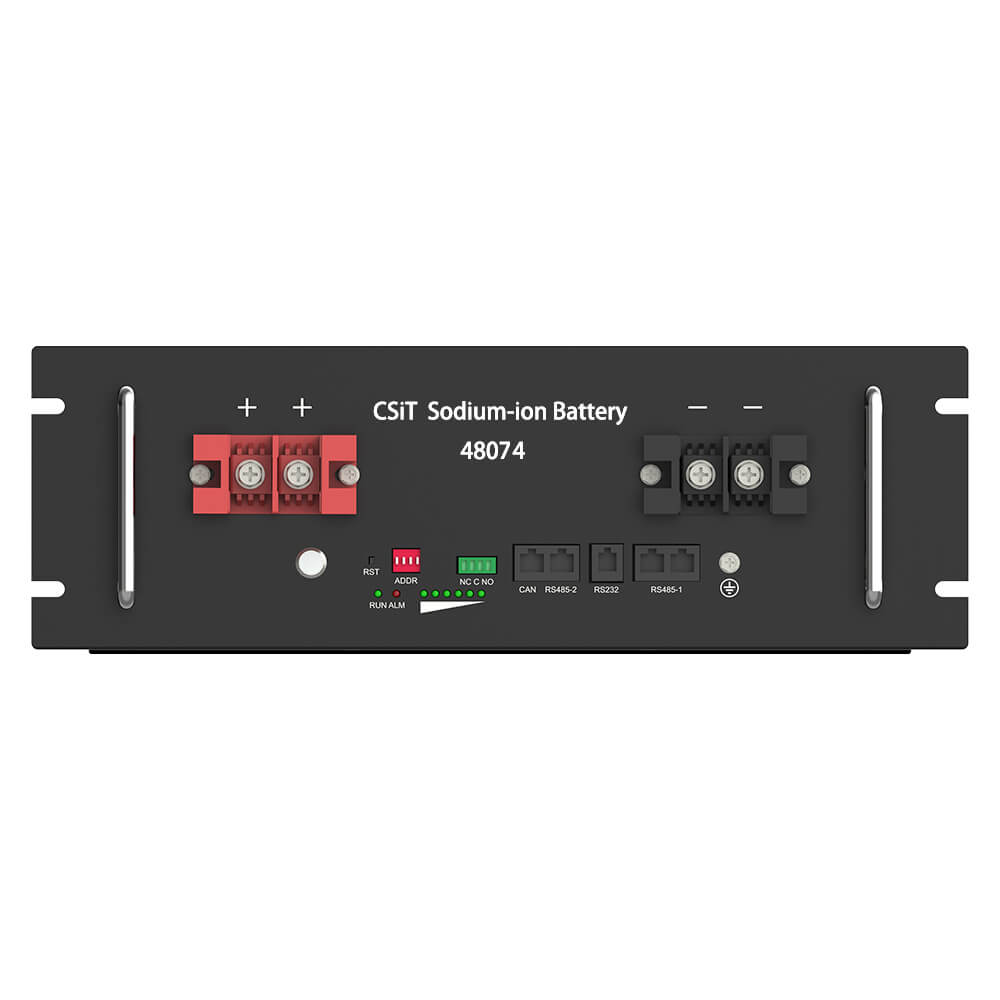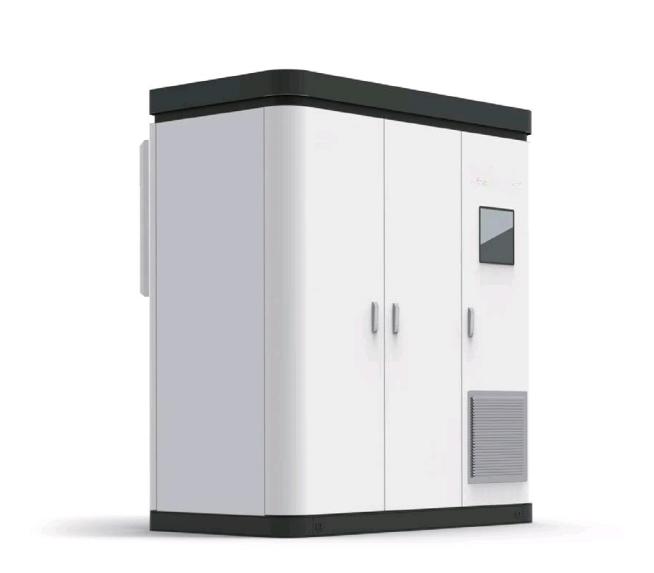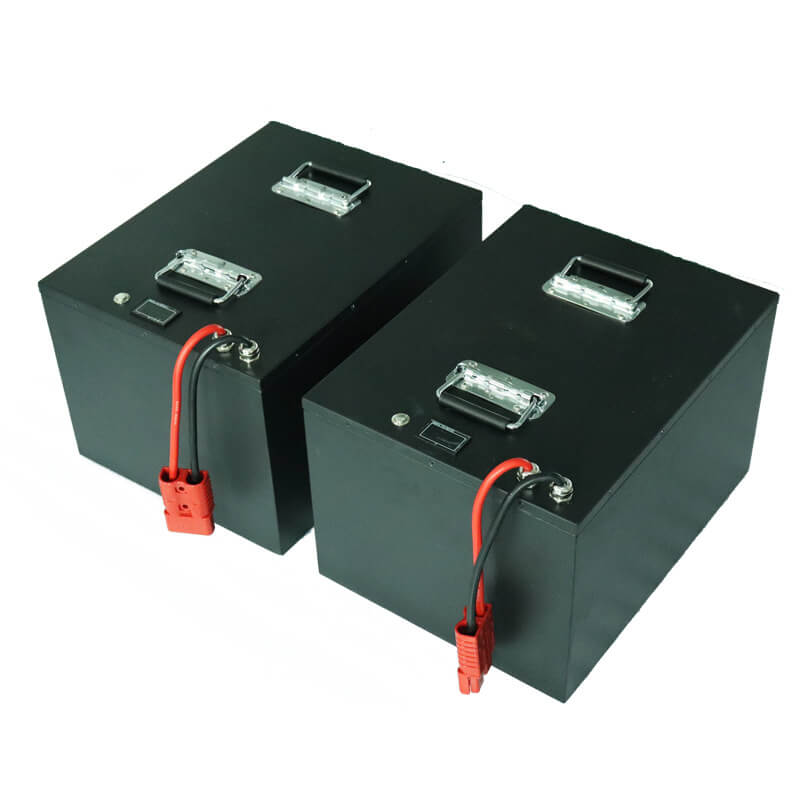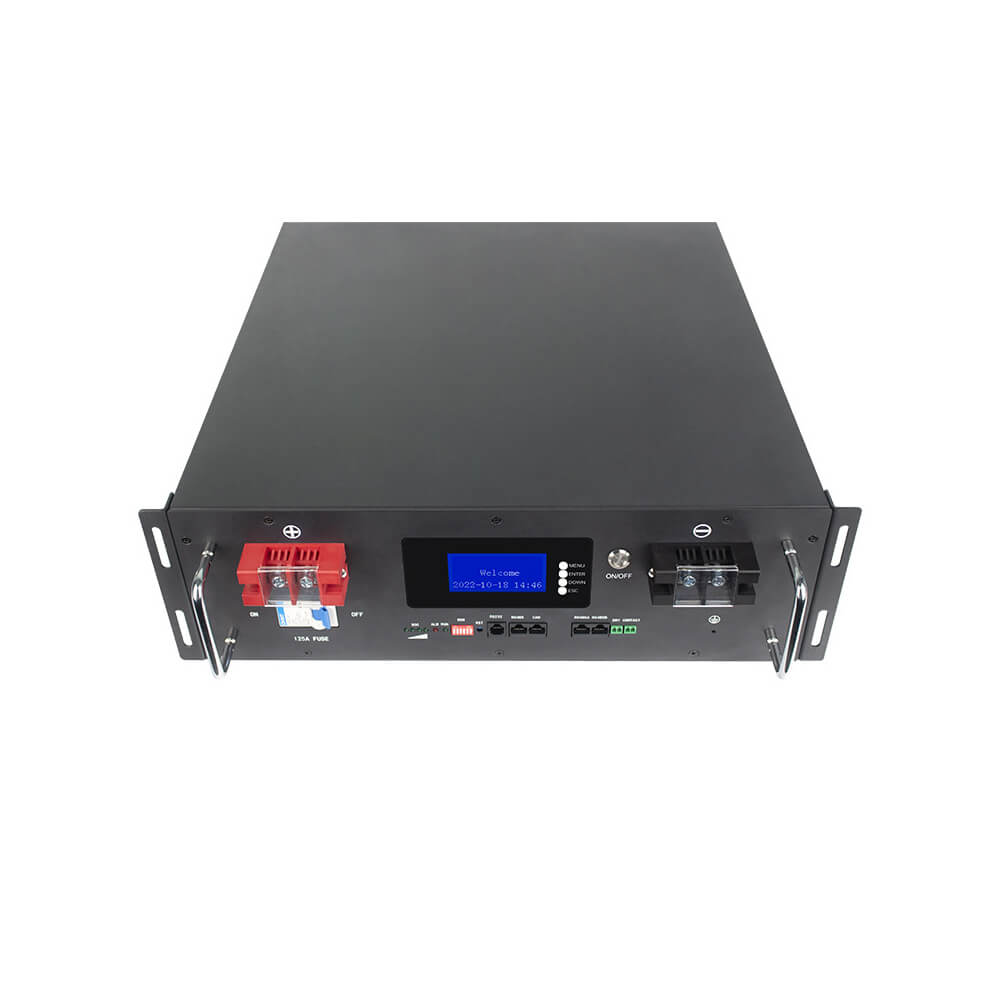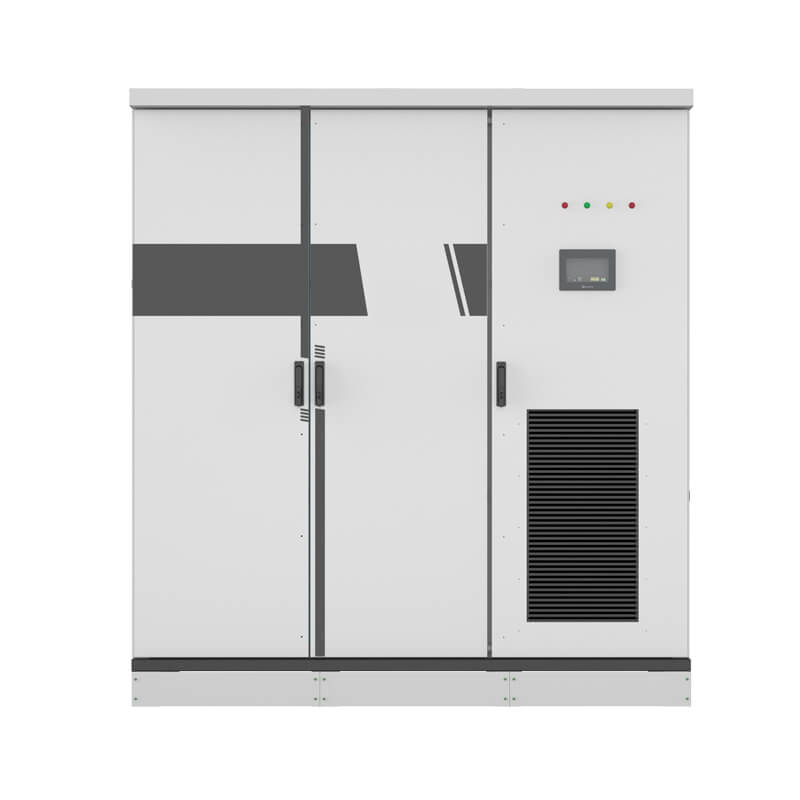Application of lithium-ion battery packs in the field of household and commercial energy storage
As time goes by, more and more places begin to use lithium-ion battery packs, such as communication base station energy storage, household energy storage, and industrial and commercial energy storage. As a forward-looking technology to promote the development of the new energy industry in the future, the energy storage industry has shown great development potential in the application of new energy grid connection, electric vehicles, smart grids, microgrids, distributed energy systems, household energy storage systems, power supply projects in areas without electricity, and other different fields, and the market potential is very broad.
Energy storage technology uses lithium-ion battery packs of specific specifications to store currently unused or excess electrical energy so that it can be released during peak hours or transferred to energy-deficient areas for use. Energy storage technologies include household energy storage, communication energy storage, grid frequency regulation energy storage, wind photovoltaic microgrid energy storage, large-scale industrial and commercial distributed energy storage, data center energy storage, and solar power generation business in the new energy field. In addition, in the future, energy storage systems are expected to undertake the secondary use of some on-board power lithium-ion battery packs.
Application of energy storage lithium-ion battery packs in household energy storage
Household energy storage battery systems include solar household energy storage power supplies, multifunctional household energy storage battery systems, high-power energy storage power supplies, portable household energy storage batteries, outdoor household energy storage batteries, household energy storage power supplies, 12V household energy storage power supplies, 24V household energy storage power supplies, and 48V household energy storage batteries. The portable household energy storage lithium-ion battery pack system is highly customizable, and Andian Energy can customize different voltages according to your needs.
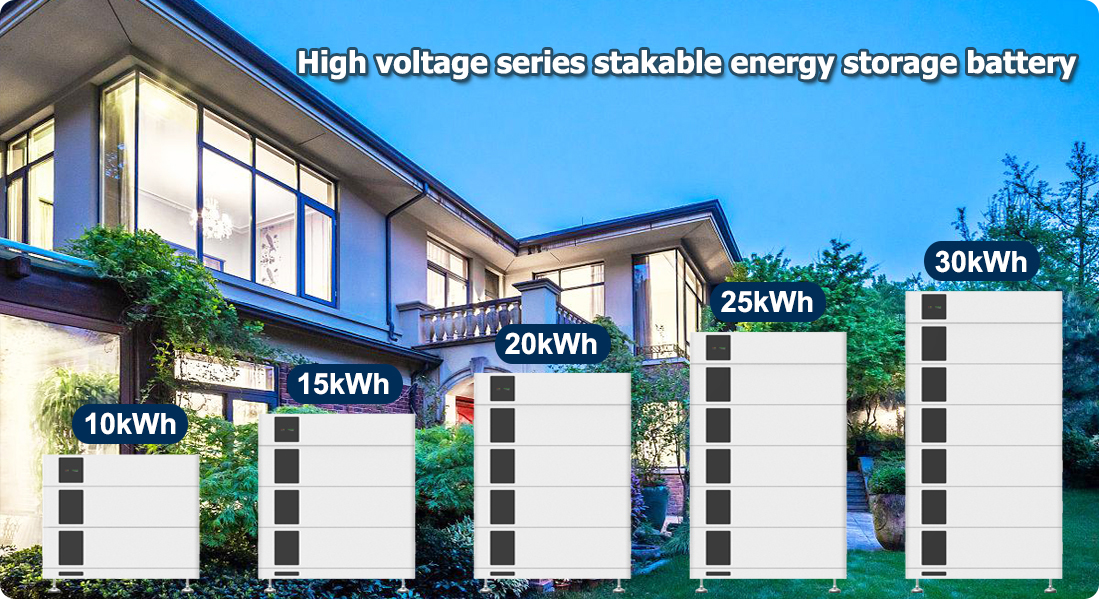
At present, household energy storage systems are divided into two categories, one is a household energy storage system connected to the power grid, and the other is a household energy storage system that is disconnected from the power grid. Lithium-ion battery packs for household energy storage can ensure that you get safe, reliable and sustainable energy, and ultimately improve the quality of life. Household energy storage products are not only suitable for photovoltaic power generation grid-connected systems, but also lithium-ion battery packs for household energy storage can be installed even when the home does not have a photovoltaic system installed.
Household energy storage lithium-ion battery packs have a service life of more than 10 years. The modular design enables multiple energy storage units to be connected in parallel more flexibly, and the operation is simple and quick, which can significantly improve the efficiency of storing and utilizing energy.
The grid-connected home energy storage system is divided into five components: solar cell array, grid-connected inverter, BMS management system, lithium-ion battery pack and AC load. The system adopts a hybrid power supply of photovoltaic and energy storage system. Under normal city power conditions, the photovoltaic grid-connected system and the city power supply together to power the load; if the city power is interrupted, the energy storage system and the photovoltaic grid-connected system will power the load together.
The off-grid home energy storage system is independent and has no electrical connection with the grid, so a grid-connected inverter is not required, and the photovoltaic inverter is sufficient to meet the demand.
The application of lithium-ion battery packs in commercial energy storage
Energy storage technology is closely related to the application of new energy and the development of the power grid. It can effectively improve energy utilization efficiency and solve problems such as power supply in remote areas. Therefore, energy storage technology is the key to solar and wind power generation becoming the main energy source. Industry insiders believe that the future of energy storage batteries should be in the wind power and photovoltaic industries, especially the wind power industry, which has been deployed in large quantities. Due to the instability of wind resources, the application of lithium-ion battery pack energy storage technology can help wind farms output smoothness and "peak shaving and valley filling".
●Microgrid
A small power generation and distribution system consisting of distributed power sources, energy storage devices, energy conversion devices, loads, monitoring and protection devices, etc. is an important application of domestic energy storage lithium-ion battery pack systems. Distributed power generation has the advantages of high energy efficiency, low pollution, high reliability, and flexible installation locations, but at the same time it has shortcomings such as strong output power fluctuations and complex control. In order to effectively integrate the advantages of distributed power generation, improve the utilization rate of renewable energy, and enhance the stability of the power grid, the energy storage system has received widespread attention from the energy industry.
●New Energy Vehicle Charging Station
The charging station uses clean energy to power the power station. After photovoltaic power generation, it stores electricity. Photovoltaic, energy storage and charging facilities form a microgrid, which interacts intelligently with the public power grid according to demand, and can realize two different operating modes: grid-connected and off-grid. The use of energy storage systems can also alleviate the impact of high-current charging of charging piles on the regional power grid. The development of new energy vehicles is inseparable from the construction of charging infrastructure. The establishment of supporting energy storage facilities is conducive to improving the quality of local power grid electricity and adding optional charging station sites.
● Wind power generation system
From the perspective of the reality of power grid operation and the long-term benefits of large-scale development of wind power, improving the controllability of wind farm output power is an important development direction of wind power generation technology. Introducing wind power generation technology into lithium-ion battery energy storage system can effectively suppress wind power fluctuations, smooth output voltage, improve power quality, ensure wind power grid operation, and promote wind energy utilization.
● Communication field
At present, most lithium-ion batteries used in the field of communication backup power supply are lithium iron phosphate battery packs. Backup power supplies based on lithium-ion battery packs can be widely used in indoor and blind area coverage, Class II and Class III city power areas, short-term backup power, and other scenarios with high requirements for power weight, volume, cycle life, and multiples. In the era of big data, scenarios with limited space such as shared stations and central computer room expansion are gradually requiring the participation of lithium-ion battery backup power supplies.
In the short term, the energy storage industry is approaching a period of rapid growth. Not only should clear government subsidy policies be used to encourage power companies to invest, but also energy storage companies should innovate business models to promote product promotion in the home and commercial fields. By 2020, the market penetration rate of lithium-ion battery pack energy storage is expected to be 5%-10%, and the installed capacity of battery energy storage is expected to exceed 5GW, with an average annual compound growth rate of 120%.
As a manufacturer of energy storage lithium battery packs, CSIT Energy has a professional technical team, high-standard automation equipment, and a comprehensive quality identification and traceability system. It is a high-tech enterprise integrating the research and development, production and sales of sodium-ion battery cells, battery packs and energy storage batteries. We also have sales and distribution offices in Southeast Asia and the United States. CSIT plans to establish new sales and distribution offices in Europe and Australia by the end of 2024. CSIT's mission is to contribute our expertise to create a sustainable future for the world and provide customers with safe and reliable industrial and commercial energy storage lithium battery products.

 简体中文
简体中文 Russian
Russian French
French German
German Japanese
Japanese Korean
Korean Arabic
Arabic Spanish
Spanish